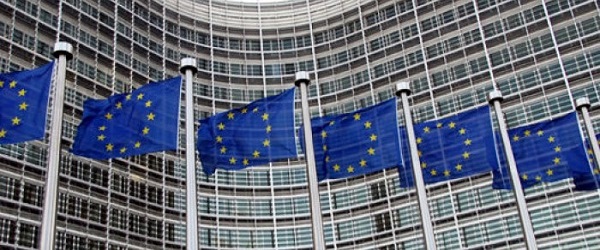The European Central Bank (ECB) has hiked interest rates by 25 basis points to 3.5%, the highest level in 22 years on Thursday.
ECB did not rule out further hikes down the road as it struggles to combat inflation that remains stubbornly high despite a faltering eurozone economy.
“Are we done? Have we finished the journey? No. We’re not at our destination. Do we still have ground to cover? Yes, we still have ground to cover,” ECB President Christine Lagarde said at a press conference following the decision. According to Lagarde, wage increases and price hikes by companies looking to increase profits are increasingly becoming an important driver of inflation.
In contrast, the U.S. Federal Reserve’s decision to pause interest rate hikes. The oil markets have received some reprieve after the Fed’s decision to pause interest rate hikes. At 11:30 a.m. EST, WTI was trading up 2.31% at $69.85, for a $1.58 gain on the day while Brent crude was trading up 2.24% at $74.84, for a $1.64 gain on the day. The gains have been rather muted after the Fed signaled another half percentage point increase in interest rates by the end of this year. China’s disappointing economic outlook is also giving the bulls a pause.
Just like in the U.S., Europe’s headline price growth has been slowing after hitting double-digits late last year. Unfortunately, underlying prices, most notably for services, remain high hence the ECB’s decision to keep raising rates. Thankfully, unemployment in the bloc remains at record lows while wage growth is picking up, though it still lags inflation. ECB has hiked rates 400 bps in this cycle compared to 500 bps by the Fed. Among the developed economies, New Zealand has so far increased rates the most after hiking 525 bps while Japan has left rates unchanged.





